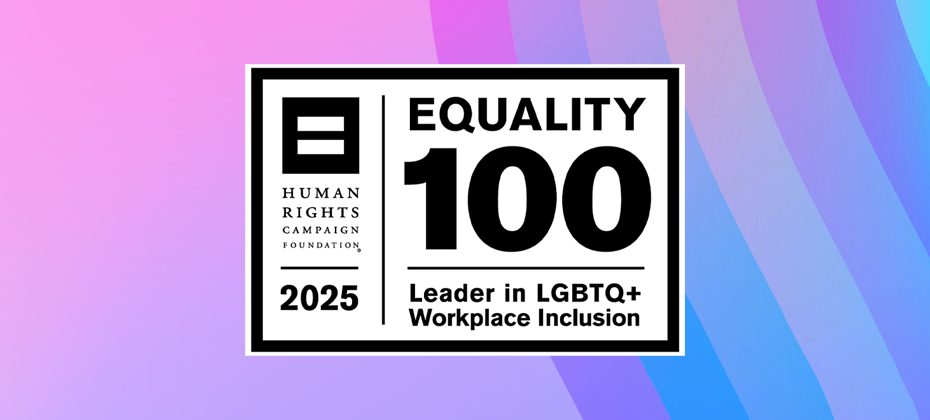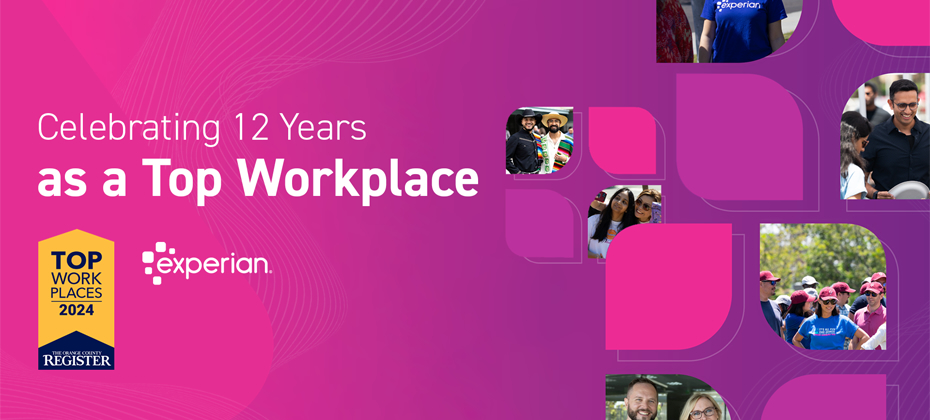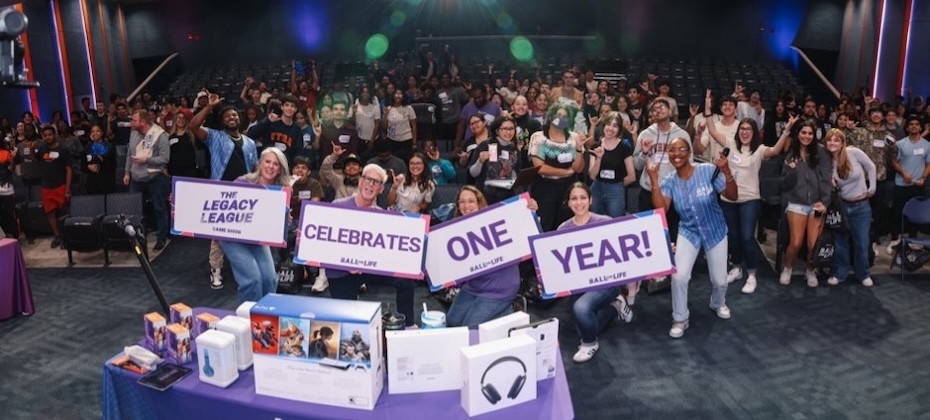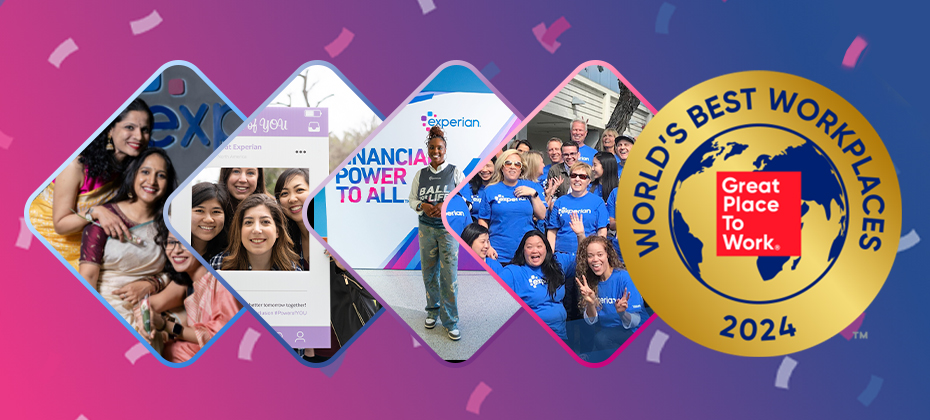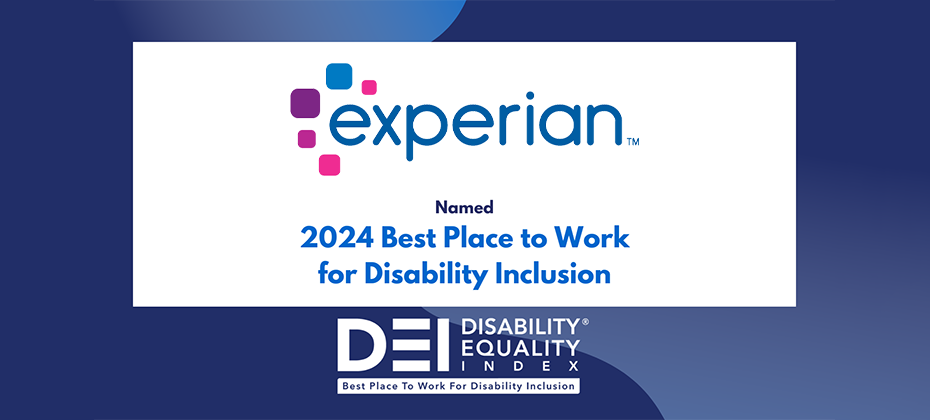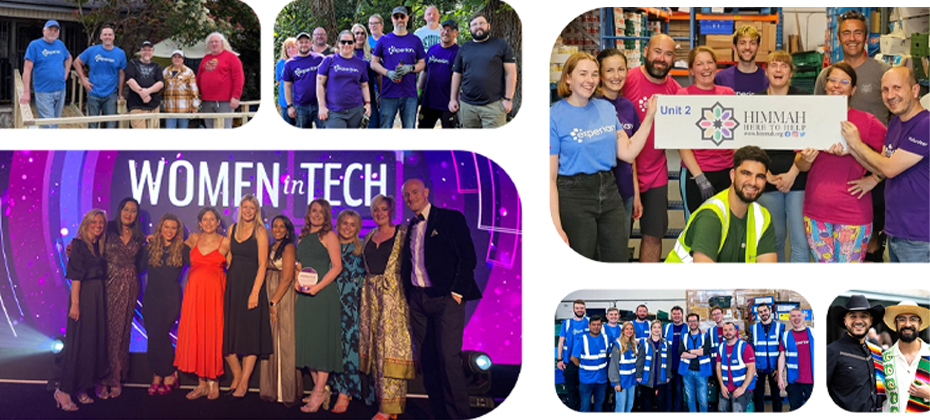At A Glance
At a Glance When an unknown printer took a galley of type and scrambled it to make a type 2ince the 1500s, when an unknown printer took a galley of type and scrambled it to make a type specimen book. It has survived not only five centuries, but also the leap into electronic typesetting, remaining essentially unchanged. It was popularised in the 1960s with the release ince the 1500s, when an unknown printer took a galley of type and scrambled it to make a type specimen book. It has survived not only five centuries, but also the leap into electronic typesetting, remaining essentially unchanged. It was popularised in the 1960s with the releaseince the 1500s, when an unknown printer took a galley of type and scrambled it to make a type specimen book. It has survived not only five centuries, but also the leap into electronic typesetting, remaining essentially unchanged. It was popularised in the 1960s with the releaseince the 1500s, when an unknown printer took a galley of type and scrambled it to make a type specimen book. It has survived not only five centuries, but also the leap into electronic typesetting, remaining essentially unchanged. It was popularised in the 1960s with the releaseince the 1500s, when an unknown printer took a galley of type and scrambled it to make a type specimen book. It has survived not only five centuries, but also the leap into electronic typesetting, remaining essentially unchanged. It was popularised in the 1960s with the release

4000! Consumers view over 4000 ads per day. As a result they are overwhelmed with information and opt not to see what could be waiting for them. The best way to grab the consumer’s attention and CLOSE the sale is to target them with content directly related to their interests. This is not an easy task, but Experian can help lenders stay above the noise and drive relevant traffic to their websites. We can turn a site visit into a credit qualified lead and ultimately a high-quality booked account – cutting through the “junk” that drags down your portfolio’s performance.

The amount of data being generated nowadays is staggering. In fact, according to one source, more data has been produced in the past two years than ever before. Certainly Experian has made it our business to understand all of this data and how to harness it. I’ve recently had the opportunity to consider the impact of data in Formula 1 Racing, the most prestigious and high-tech racing series on the planet. Experian is a sponsor of Williams Martini Racing, which is one of the “big four” teams in the sport and has produced 16 Formula One World Championship titles.
![Big cities, big debt? [Infographic]](https://stg1.experian.com/blogs/news/wp-content/uploads/default-post-image.png)
Debt is often thought of as a scary word and many spend their lives trying to avoid it at all costs. Understanding what credit is, why you need it and how to build it can help make it less frightening and can actually put you in control. Debt doesn’t have to be a four-letter word. To wrap up Financial Literacy Month, Experian released a study this week that takes an in depth look at debt and credit scores in the 20 largest cities across the U.S. and compares the numbers to where these cities were four years ago. The findings show that Detroit residents have the least amount of debt, while the residents of Dallas have the most.
![Are you concerned your child is a fraud victim? [Infographic]](https://stg1.experian.com/blogs/news/wp-content/uploads/default-post-image.png)
Did you know children are increasingly vulnerable to being a victim of identity theft? Their clean credit history is an easy target for perpetrators. Thieves often can profit for years before the crime is detected. In general, minors should not have credit activity or a credit report until they apply for loans or a credit card. That said, it is possible that they may have a credit history if you have added them as an authorized user to your credit accounts during their teen years.

Experian-Oliver Wyman data reports a 46 percent increase in home equity lending; 19 percent increase in bankcard origination volume Costa Mesa, Calif., April 30, 2014 — Experian®, the leading global information services company, today released year-end analysis of credit and mortgage trends from the 2013 Q4 Experian–Oliver Wyman Market Intelligence Report that showed positive economic indicators along with smarter consumer spending. “Overall from 2013 we saw a strong steady improvement in the economy similar to our 2012 year-end review. Consumer confidence increased as they continue to be resilient during the ongoing recovery,” said Linda Haran, senior director of product management and strategy for Experian Decision Analytics. “While overall consumer debt increased 6 percent, it was not heavily weighted in one particular VantageScore segment. Debt increases occurred across all VantageScore consumer segments equating to a balanced distribution of increases in total debt year-over-year. That represents smarter spending among all consumers.” “Other positive indicators coming out of 2013 include bankruptcies declining 12 percent from 2012 and consumer delinquency trends continuing to decrease. Home Equity originations realized strong growth in 2013, exceeding 2009 levels as new lending was up 42 percent in Q4 2013 over the same period a year ago.” Watch Experian Decision Analytics analysts Linda Haran and Alan Ikemura discuss the latest trends from the Experian-Oliver Wyman Q4 2013 report on consumer debt, bankcards, mortgages and auto. 2013 Mortgage trends included: Overall mortgage origination volume in 2013 was $2 trillion up from $1.9 trillion in 2012 2013 saw annual growth of 25% in new home purchase volume compared to 2012 Overall mortgage 30+ day mortgage delinquency rates were down 14 percent in 2013 versus 2012 The West region saw 30+ day mortgage delinquency rates drop 23 percent in 2013 versus 2012. California saw a 24 percent decline in late mortgage payments. 2013 Bankcard trends included: Analyzing the data for 2013 shows a 19 percent increase in bankcard origination volume, growing from $228 billion to $271 billion year over year. Two-thirds of new bankcard originations occurred among the Super Prime (781 – 850) and Prime (661-780) VantageScore tiers. The U.S. 60+ day delinquency bankcard rates overall improved 14.5 percent in Q4 2013 versus Q4 2012. All 50 states saw bankcard delinquency rates improve for the 60+ day category. California, Tennessee, Massachusetts, Michigan and Wisconsin were the top 5 states that improved their 60+ day delinquency bankcard rates in Q4 2013. Arizona, New Mexico, Arkansas, West Virginia and Alaska were the bottom 5 states in terms of overall percentage improvement among 60+ day delinquency bankcard rates in Q4 2013. Experian has dedicated educational resources to help consumers understand the impact debt has on credit. Consumers can visit our Live Credit Smart website to learn more. For more insight from Experian Decision Analytics, watch our 2013 Q4 Experian–Oliver Wyman Market Intelligence Report presentation: http://ex.pn/1eJaRZB. Make sure to join us for Q1 2014 Experian–Oliver Wyman Market Intelligence Report webinar. About the data The data for this insight and analysis was provided by Experian’s IntelliViewSM product. IntelliView data is sourced from the information that supports the Experian–Oliver Wyman Market Intelligence Reports and is easily accessed through an intuitive, online graphical user interface, which enables financial professionals to extract key findings from the data and integrate them into their business strategies. This unique data asset does this by delivering market intelligence on consumer credit behavior within specific lending categories and geographic regions.

Experian is in final preparations for our upcoming Vision Conference, taking place May 4-7 in Dallas, Texas at the OMNI Hotel. This year’s theme “Quality Growth – Defining New Strategies” is supported consistently throughout our event agenda starting with an impressive group of speakers in our general session including President Bill Clinton, Chief Investment Strategist James W. Paulsen Ph.D. and Heisman Trophy winner, Super Bowl MVP and Pro Football Hall of Famer and Executive Chairman of Jones Lang LaSalle Americas, Roger Staubach.
![Consumers purchasing an electric vehicle are younger and more affluent than those buying a hybrid [INFOGRAPHIC]](https://stg1.experian.com/blogs/news/wp-content/uploads/default-post-image.png)
In honor of Earth Day, Experian Automotive released findings from an analysis comparing electric and hybrid* vehicles. Findings from the analysis showed that in 2013, more than 45 percent of hybrid car buyers were 56 years old or older, while roughly 26 percent of electric car buyers were of the same age. The greater percentage (55 percent) of electric buyers were between the ages of 36 years old and 55 years old. Additionally, nearly 21 percent of consumers purchasing an electric car had an average household income of $175,000 or more. Conversely, only 12 percent of consumers purchasing a hybrid had an average household income of the same level.

The Information Age transformed our way of life. It gives us new ways to communicate, have instant access to resources and the power to share information freely. Unfortunately the luxuries of this new age pose unique threats to consumers that were unconceivable in years past. It opens doors for thieves to capitalize on unsuspecting and innocent consumers. Fraud and identity theft is a booming business. Fraud and identity theft are important concerns for people today. Understanding the tools available to help you prevent fraud and recover from it can help you reduce concerns about your personal information being compromised.
![How to dispute items on your Experian credit report [Infographic]](https://stg1.experian.com/blogs/news/wp-content/uploads/default-post-image.png)
More than 20 years ago, Experian became the first credit bureau to create a consumer education program. We started the program because we wanted to arm consumers with the right information and resources to help them understand the fundamentals of credit management and the benefits of having good credit.
![How to check your credit report [Infographic]](https://stg1.experian.com/blogs/news/wp-content/uploads/default-post-image.png)
Getting a copy of your credit report is the easiest first step to take control of your finances. A personal credit report contains details about your financial behavior and identification information. It is an easy-to-read summary of your credit accounts and total debt—both existing balances and available limits. Under federal law you are entitled to a copy of your credit report every twelve months. To obtain your credit report go to www.annualcreditreport.com.

Did you know that April is the official month for promoting financial literacy? Being aware of your credit and where you stand is important all year long, but the next 30 days will be dedicated specifically to educating consumers on all aspects of personal finance from managing your credit, paying off debt and saving for your first home or child’s secondary education to how to invest and plan well for retirement. We know how these topics can be overwhelming and intimidating. It’s one of the reasons that our weekly #CreditChat on twitter and Ask Experian column focuses on these subjects all year round. We want to give consumers the right resources and access to experts in an effort to help consumers change their financial behavior – that is part of our commitment. Join us all month long in our special Google+ hangouts, tweet chats (#CreditChat), and visit our blog for some exciting new resources created just for you!

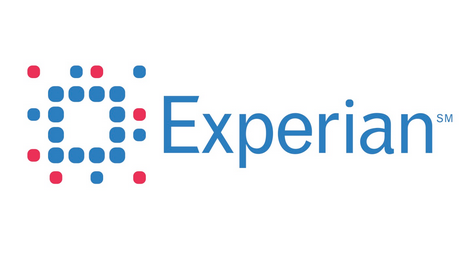 It’s no surprise that cybercrime and data breaches are hot topics for media and bloggers these days.
Unfortunately, because of all the attention paid to these topics, we’ve seen some inaccurate information about Experian circulating in news outlets and other Web sites.
I want to take a moment to clarify the facts and events, including Experian’s involvement in the case involving Court Ventures, a company that collects and aggregates information from public records; US Info Search, a company that provides location and other data for people and companies; and a criminal named Hieu Minh Ngo.
It’s no surprise that cybercrime and data breaches are hot topics for media and bloggers these days.
Unfortunately, because of all the attention paid to these topics, we’ve seen some inaccurate information about Experian circulating in news outlets and other Web sites.
I want to take a moment to clarify the facts and events, including Experian’s involvement in the case involving Court Ventures, a company that collects and aggregates information from public records; US Info Search, a company that provides location and other data for people and companies; and a criminal named Hieu Minh Ngo.
